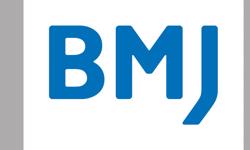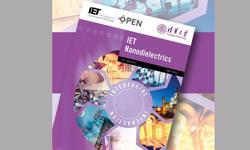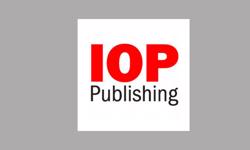Twenty seven years ago, IOP Publishing launched Nanotechnology as the world’s first research journal dedicated to nanoscale science and technology. A quarter of a century on, says IOP Publishing, the field of nanoscience has expanded and evolved, playing a pivotal role in the advance of scientific discovery and innovation. It attracts a multidisciplinary research community that now extends across physics, chemistry, biomedicine, materials science and engineering.
Nano Futures will be led by founding Editor-in-Chief, Professor Mark Reed of Yale University. He holds Yale’s Harold Hodgkinson Chair of Engineering and Applied Science, and is the Associate Director of the Yale Institute for Nanoscience and Quantum Engineering.
Professor Reed said: “We are designing Nano Futures to become the benchmark of nanoscience research now, and into the future. Publishing urgent work that truly sets the direction of new and emerging fields, our priority is to combine high impact content with high impact author service.
“As Editor-in-Chief, I am very proud to be involved in launching a journal that will provide a unique new outlet for the community, and build upon IOP Publishing’s longstanding reputation in serving nanoscience .”
Dr Tim Smith, Associate Director at IOP Publishing, said: “We are excited about the launch of what represents a major new addition to IOP’s materials science portfolio, and one that will build upon our existing strong standing within nanoscience.
“Our ambitions for Nano Futures are high, and a priority will be to develop the journal’s content, delivery and functionality in close consultation with the community, to ensure it meets the evolving needs of our authors and readers.”
Nano Futures opens for submissions in January, and will be free to read for individual users, universities, and academic research institutes throughout 2017.












